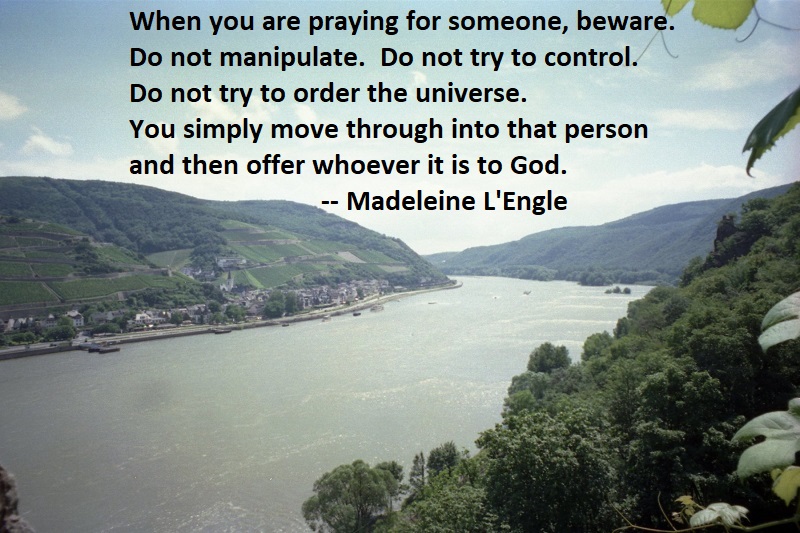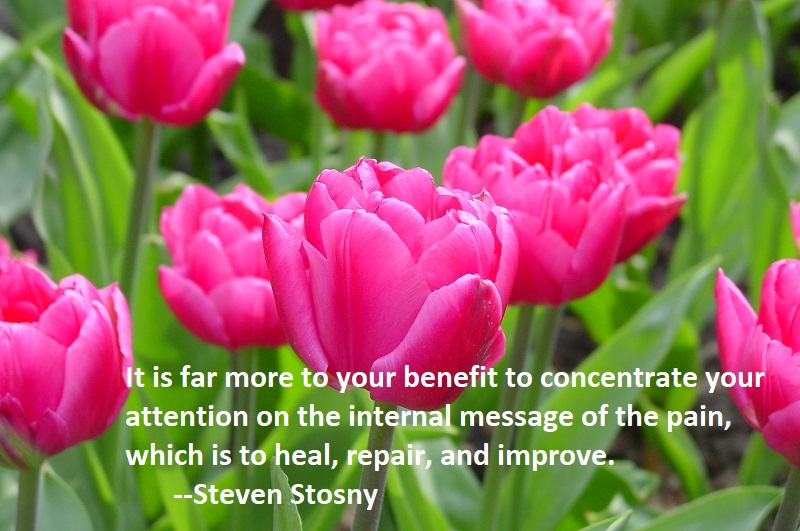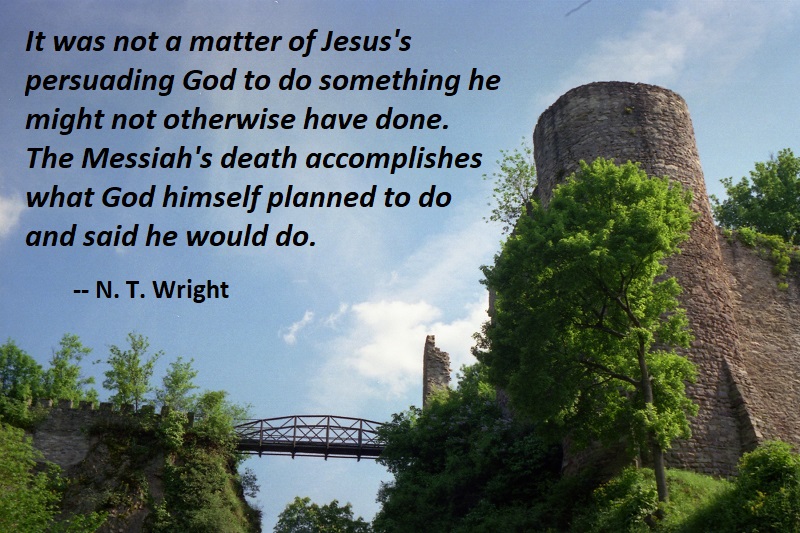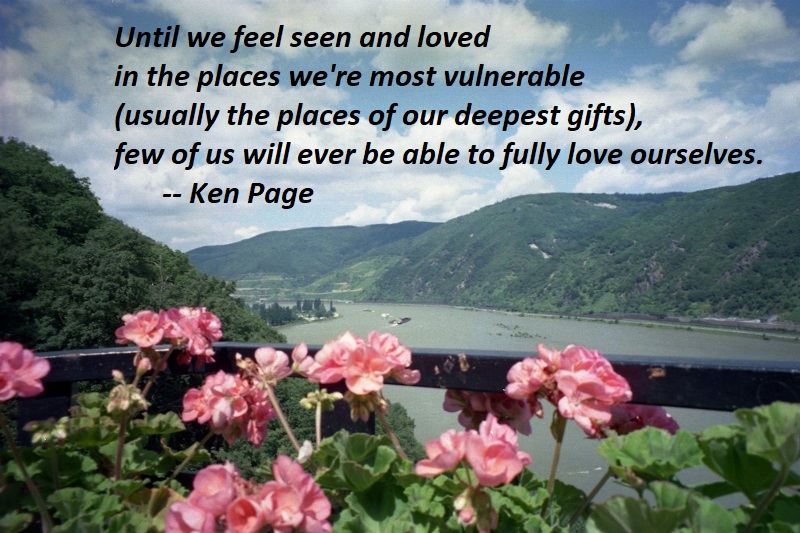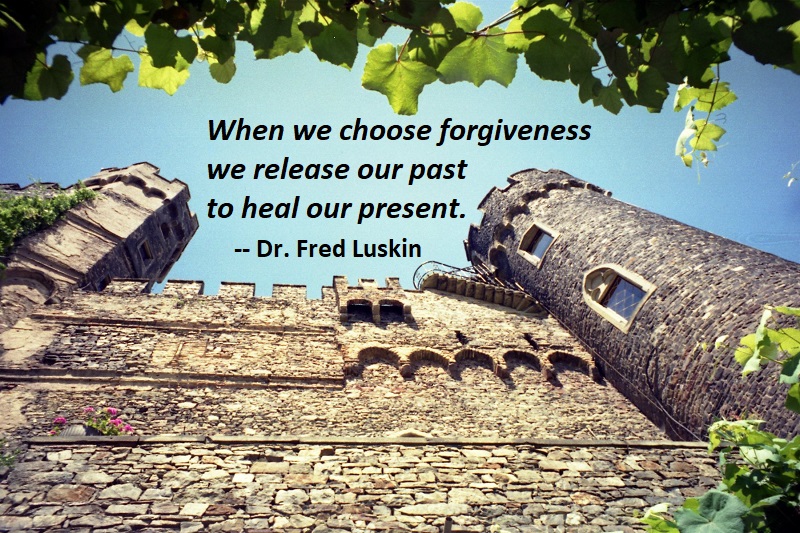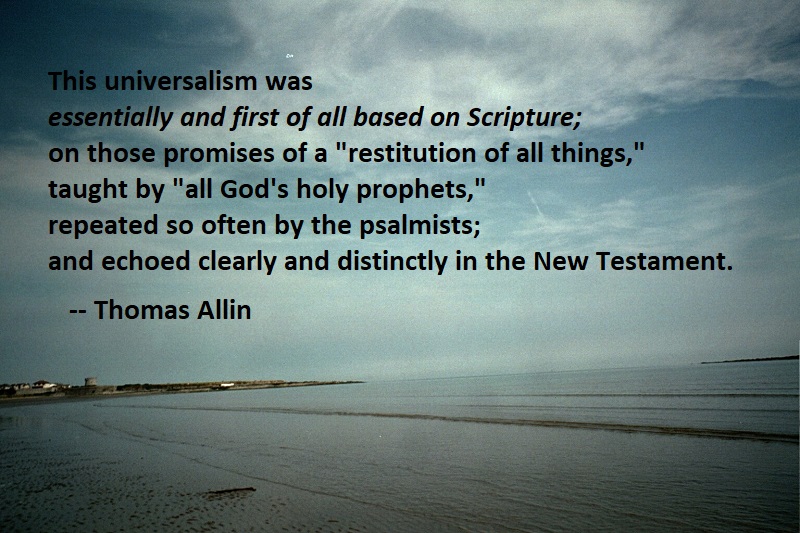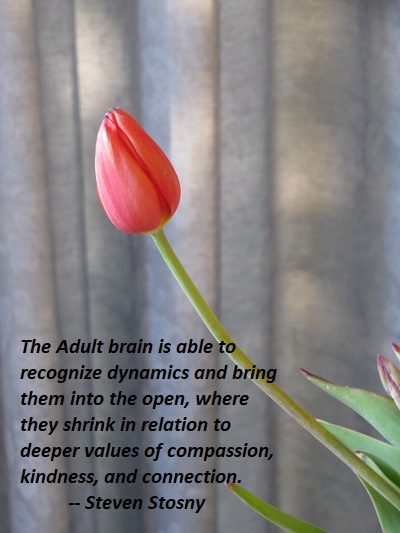Intercessory Prayer
When you want to give the audience an emotion — whether in acting or in singing or in writing — you have to be on the other side of the emotion. In talking with one of you, I likened it to intercessory prayer. When you are praying for someone, beware. Do not manipulate. Do not try to control. Do not try to order the universe. You simply move through into that person and then offer whoever it is to God. But, again, you go through and out and on other side of emotion. If you are manipulative with your character — one you’re playing, one you’re writing about, or one you’re praying about — then it doesn’t work.
— Madeleine L’Engle, Madeleine L’Engle, Herself, compiled by Carole F. Chase, p. 222
[Photo: Rhein River, Germany, from Burg Rheinstein, July 1997]
